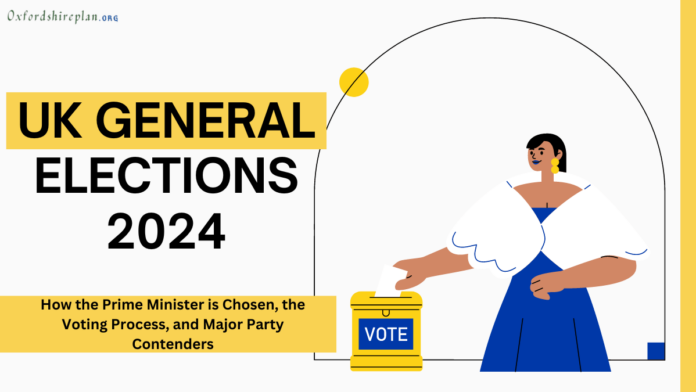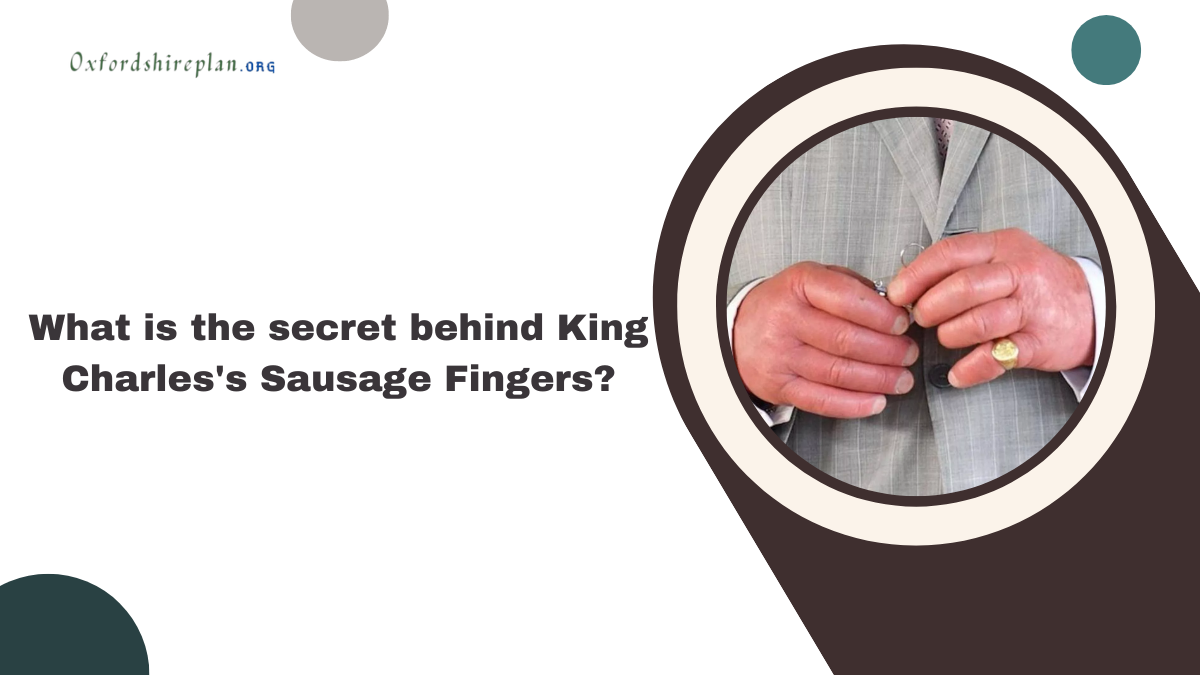The United Kingdom recently concluded its 2024 general elections, marking a crucial moment as the nation prepares to vote on July 4th. Prime Minister Rishi Sunak from the Conservative Party is seeking reelection amidst strong competition from the Labour Party, which is hopeful for a significant victory.
Despite predictions of a possible ‘landslide defeat,’ PM Sunak remains optimistic about his party’s chances. Recent opinion polls suggest Labour is poised for a substantial win, potentially ending the Conservative Party’s 14-year rule.
The eagerly awaited election results are expected to be announced soon, with Labour Party leader Keir Starmer possibly becoming the next Prime Minister at 10 Downing Street.
Contents
- How Does the UK Elect Its Leaders?
- Electoral Process
- Political System in the UK
- The House of Commons and House of Lords
- Executive Leadership
- Devolved Governments
- Overview of the UK’s Current Parliament
- Key Contenders and Political Parties in UK Elections
- Major Political Parties
- Critical Issues for the 2024 UK General Election
- Polling Trends and Projections
How Does the UK Elect Its Leaders?
Electoral Process
In the UK, elections take place across 650 constituencies. Voters select representatives for the House of Commons using the ‘first-past-the-post’ system, where candidates compete to gain more votes than their opponents and secure a parliamentary seat.
A critical objective for any party is to capture at least 50 percent of the seats, totaling 326, to establish a majority government. Upon reaching this milestone, the monarch, King Charles III, invites the victorious party to form a government.
Unlike the House of Commons, upper House of Lords members are appointed rather than elected. If no party achieves a majority, a ‘hung parliament’ occurs.
Political System in the UK
The United Kingdom operates as a constitutional monarchy, where King Charles III acts as the symbolic head of state. The monarch’s responsibilities are mainly ceremonial, such as giving royal assent to bills.
The actual legislative authority lies within Parliament’s two chambers: the House of Commons and the House of Lords. These chambers convene at the historic Palace of Westminster.
The House of Commons and House of Lords
- House of Commons: Consists of 650 directly elected Members of Parliament (MPs).
- House of Lords: Currently has 784 members (as of June 20, 2024), including life peers, hereditary peers, and bishops, with no fixed number.
Executive Leadership
The executive branch of the UK is headed by the Prime Minister, who is responsible for passing laws and selecting Cabinet members. The Cabinet is made up of senior ministers who supervise different government departments. Typically, the Prime Minister serves a term of five years unless there are exceptional circumstances.
Devolved Governments
Apart from the central UK Parliament, Scotland, Wales, and Northern Ireland have devolved governments with their legislative powers to address regional issues and policies.
Overview of the UK’s Current Parliament
As of the latest update:
- Conservatives: Hold 344 seats, making up 52.9% of Parliament.
- Labour: Hold 205 seats, constituting 31.5% of Parliament.
- Scottish National Party (SNP): Hold 43 seats, accounting for 6.6% of Parliament.
- Liberal Democrats: Hold 15 seats, comprising 2.3% of Parliament.
- The remaining 43 seats are divided among nine other parties and independent candidates.
Key Contenders and Political Parties in UK Elections
Major Political Parties
- Conservatives (Tories): Led by Rishi Sunak since October 2022, positioned as a centre-right to right-wing party.
- Labour: Led by Keir Starmer, a center-left party that previously governed from 1997 to 2010 under Tony Blair and Gordon Brown.
- Liberal Democrats: Led by Ed Davey, positioned from center to center-left on the political spectrum. They previously formed a coalition with the Conservatives from 2010 to 2015.
- Greens: Co-led by Carla Denyer and Adrian Ramsay, advocates of left-wing environmental policies.
- Reform UK: Under the leadership of Nigel Farage, representing a right-wing stance.
- SNP (Scottish National Party): Led by John Swinney, advocates for Scottish independence and regional autonomy.
- Plaid Cymru: Led by Rhun ap Iorwerth, a center-left to left-wing Welsh party focusing on Welsh nationalism and social justice.
- DUP (Democratic Unionist Party): Led by Gavin Robinson, representing unionist views in Northern Ireland.
Critical Issues for the 2024 UK General Election
A recent survey by YouGov highlights the top concerns among British voters:
- Economy: 52% prioritize economic policies and stability.
- Healthcare: 50% are concerned about the healthcare system’s current and future.
- Immigration and Asylum: 40% see immigration policies and asylum seekers as critical issues.
- Housing: 24% are focused on addressing the housing crisis.
- Environment: 20% emphasize environmental policies and sustainability.
Polling Trends and Projections
Recent polling shows that Labour holds a substantial lead over the Conservatives, making them the frontrunner for a majority win in the upcoming election. However, the Conservatives grapple with declining poll numbers and strong support in precarious constituencies. The emergence of Reform UK further complicates the electoral landscape, potentially influencing critical battlegrounds.
As the UK gears up for the 2024 general election, these dynamics will shape political discussions and steer the country’s future. Stay informed to make a knowledgeable choice when casting your vote.

Jonathan is an avid automobile enthusiast who is passionate about all things on wheels. From the latest car models to classic vintage rides, I love exploring the automotive world’s intricate details and engineering marvels. With years of experience in test-driving, reviewing, and analyzing cars, I provide readers with comprehensive insights and honest opinions.
















